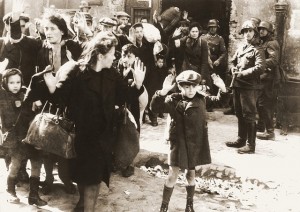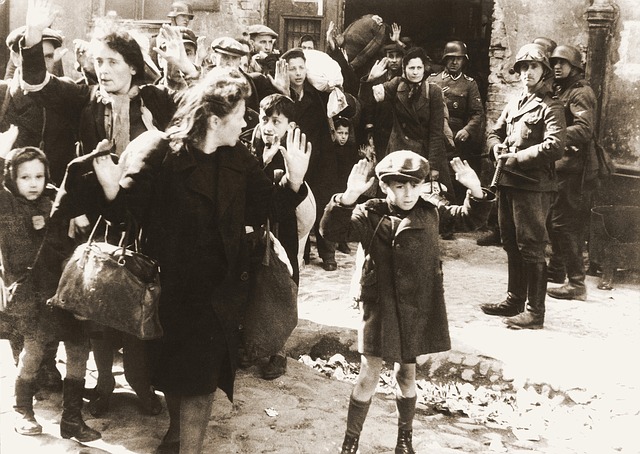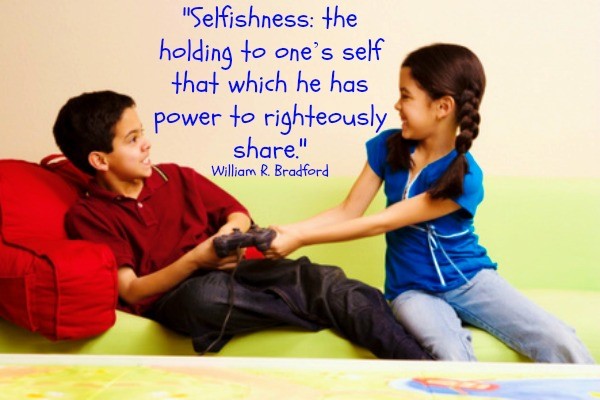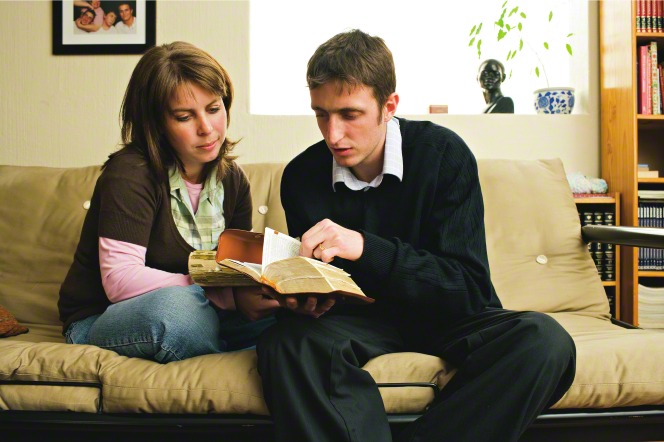I have been working on an article for Independence Day for a while now. I was reading about Thomas Jefferson’s life and reminding myself of his personal losses in the months preceding the writing of the Declaration of Independence. I read about the Greek word related to happiness and the undercurrent of virtue it implied. I’m still amazed by Thomas Jefferson. He was clearly a flawed and heartbroken man. Freedom isn’t preserved by perfect people; it’s normal people in sometimes horrible circumstances, choosing virtue.
 Today I sat down today and visited with an amazing woman whom I will refer to as C. She was born in Germany in 1936. She was raised in a small town in the Bavarian Alps. They were far enough away from Munich (about 60 miles) that they hadn’t been affected by Hitler’s persuasive speeches. As a whole, the village wasn’t socialist. That was her feeling of the situation. They didn’t talk about it. The fear of a possible spy in their midst was strong. The village was close to an air base so there was a military presence in the town. No one said a word.
Today I sat down today and visited with an amazing woman whom I will refer to as C. She was born in Germany in 1936. She was raised in a small town in the Bavarian Alps. They were far enough away from Munich (about 60 miles) that they hadn’t been affected by Hitler’s persuasive speeches. As a whole, the village wasn’t socialist. That was her feeling of the situation. They didn’t talk about it. The fear of a possible spy in their midst was strong. The village was close to an air base so there was a military presence in the town. No one said a word.
We complain about a lack of freedom of speech on Facebook! They were afraid to whisper in their homes, in a small town up in the mountains.
C was 9 when the war ended and had her high school education in post-war Germany. The war was simply not covered. She learned about the Holocaust in 1955 when she visited a concentration camp. Before then there had been a few hints and she once saw pictures at a fair. The entire first generation after the war was taught very little, if at all, about the Holocaust or anything negative about Hitler. Education in Germany started to change in the 1970s. In 1991 the federal government urged an “intensive and thorough treatment” of World War 2. Before 1991 East Germans were taught that the entire Nazi era belonged only to West Germany. Education has substantially changed. Germans are now given a thorough education of World War 2 and how a people could chose to follow a Hitler. They are taught how it might not require a nation of evil so much as a nation willing to do whatever they are told. Perhaps it was fear. Perhaps it was duty. Perhaps it was a desire to see their country great again and they didn’t question the means.
Her stories were amazing and varied. She talked about what she and her friends did for fun: they took a record player up to a cabin in the forest to sing and dance. She talked about scrounging for food-picking up kernels of corn to grind for flour. She talked about singing her favorite folk songs and her sister doing her hair. She talked about watching two planes collide mid-air with one of the pilots ejecting and parachuting down. He didn’t live. The children got his parachute and her sister made a wedding dress out of the parachute.
I couldn’t help but think of my husband’s uncle who flew on missions to Munich and was shot down. Did she see his plane?
She talked about a nun who stood out in the night during an air raid, raised her hands and told the planes to go away and everyone in the town believes they were not bombed because of this nun. The airbase close to the town was bombed. There was an ammunitions store on the edge of town that would have leveled the town had it been hit, but it was never touched.
She remembers so clearly watching the American tanks roll into her town in May of 1945. She can picture where her father was standing and how the soldiers searched home by home to see if any German soldiers from the air base were hidden there. She remembers the gun to her father’s chest. She remembers feeling grateful it was American soldiers. Her older sister was taken as a POW by Russians near the end of the war and didn’t return for years. She was diseased and frail when she did return.
She had so many stories!
She shared how she met her husband and about the births of her children.
She repeated several times that we don’t know what freedoms we have and how she worries for the future. How can people vote if they don’t care about what’s going on?
How indeed?
She became a United States Citizen 52 years ago today.
About Britt Kelly
Britt grew up in a family of six brothers and one sister and gained a bonus sister later. She camped in the High Sierras, canoed down the Colorado, and played volleyball at Brigham Young University. She then served a mission to South Africa.
With all of her time in the gym and the mountains and South Africa, she was totally prepared to become the mother of 2 sons and soon to be 9 daughters. By totally prepared she means willing to love them and muddle through everything else in a partially sleepless state. She is mostly successful at figuring out how to keep the baby clothed, or at least diapered, though her current toddler is challenging this skill.
She feels children naturally love to learn and didn’t want to disrupt childhood curiosity with worksheets and school bells. She loves to play in the dirt, read books, go on adventures, watch her children discover new things, and mentor her children. Her oldest child is currently at a community college and her oldest son is going to high school at a public school. She loves to follow her children in their unique paths and interests.
She loves to write because, unlike the laundry and the dishes, writing stays done. Whenever someone asks her how she does it all she wonders what in the world they think she’s doing.
Twitter •








Very insightful. Thank you.
I don’t believe that all Germans were ignorant of the Holocaust. It depended on where you lived , who you knew, etc.
When I was in Berlin in 1994, I met a woman (not LDS) who told me that after the war, the conquering soldiers (not sure which country) forced the school children to go to the closest Concentration Camp (Sachsenhausen) and gaze upon what their country had done. This woman was traumatized by this childhood scene and was appalled that my brother and I were going to visit Sachsenhausen. She detested the constant reminder of WWII.
Christina, thank you for your insight. I hope I did not imply that German people remained ignorant of concentration camps. German education in the 1970s. The woman I spoke with lived in a remote village and it was relatively easy to keep them from knowing.
How you teach children and what age would be appropriate to teach details about the holocaust is a difficult question.